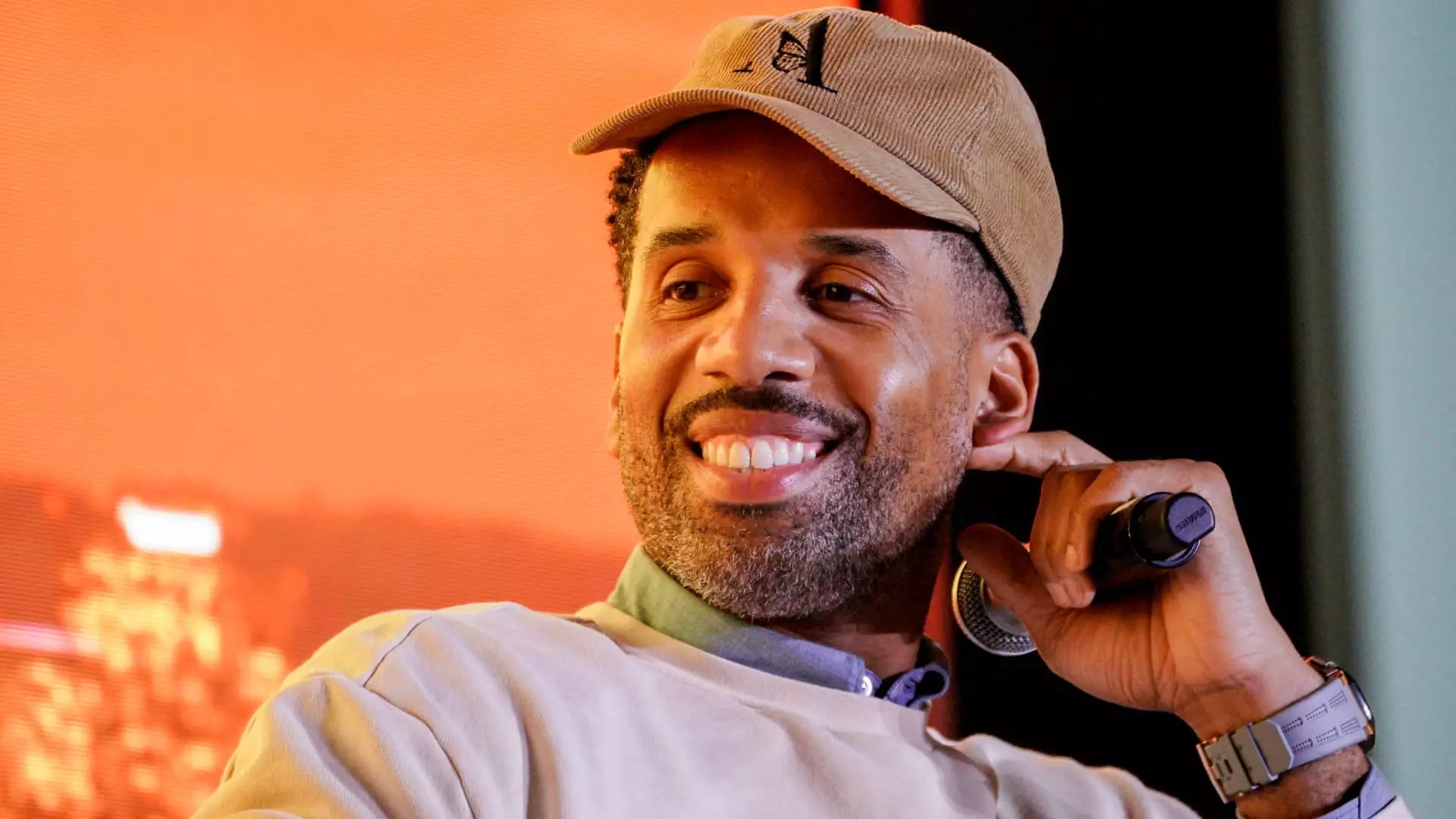In an intriguing development for the world of professional basketball, a consortium of influential investors is reportedly attempting to assemble a staggering $5 billion to launch a new global basketball league. This initiative is infused with aspiration, primarily due to its promise to provide players with equity stakes in the league, fundamentally altering the traditional player compensation model. Such an approach could potentially disrupt the longstanding dominance of the NBA by offering lucrative financial incentives, reminiscent of LIV Golf’s successful enticement of PGA Tour talents.
Although specific details about which players might participate or the launch timeline remain unclear, the league’s backers are keenly aware of the need to differentiate themselves in a crowded sports marketplace. The model proposed seems to be geared toward attracting star talent, and that allure has been a core strategy for many emerging leagues. With a clear vision of establishing a vibrant competition, the investors hope to create a professional environment that plateaus players into a new stratum of fame and financial success.
Notably, Maverick Carter, a close associate of the prominent NBA player LeBron James, is advising the group, which includes industry veterans from various sectors. Key players in this funding endeavor include Jason Stein and Daniel Haimovic from SC Holdings, Skype co-founder Geoff Prentice, and former Facebook executive Grady Burnett. This diverse aggregation of expertise blurs the lines between traditional sports, tech innovation, and investment strategies, providing a robust foundation for the league’s inception. Currently, UBS and Evercore have been enlisted to assist in fundraising efforts, anticipating the backing to originate from a combination of sovereign wealth funds, institutional investors, and affluent private individuals.
The league’s format is primed to take a page from the globally recognized structure of Formula 1, proposing to host matches in eight different cities worldwide, dedicating two weeks to each locale. This innovative geographical spread promises to not only enhance viewer engagement but also elevate the cultural interaction between players and fans across diverse markets. While Singapore has been highlighted as one of the proposed cities, the identities of the other venues remain under wraps, leaving audiences curious about future announcements.
Interestingly, while NBA officials have yet to formally respond to these burgeoning plans, reports suggest that they were unaware of the venture until its recent revelation. This lack of foresight indicates potential vulnerabilities within the NBA, a league that has witnessed exponential growth and now faces competition for international presence. With the NBA intensifying its overseas footprint through various initiatives—including leagues in Africa and expansion into markets like China and the UAE—the emergence of a new league could reinvigorate discussions about player mobility and market reach.
The ambition to create a new international basketball league presents both opportunities and challenges. If successfully executed, this venture could redefine professional basketball landmarks globally, shaking the foundational structures of player contracts and competitive dynamics in the process. As this story unfolds, it will undoubtedly be a focal point of interest for fans, players, and financial investors alike.

